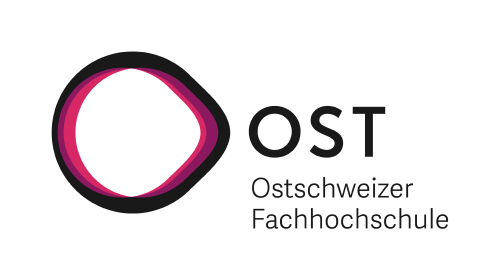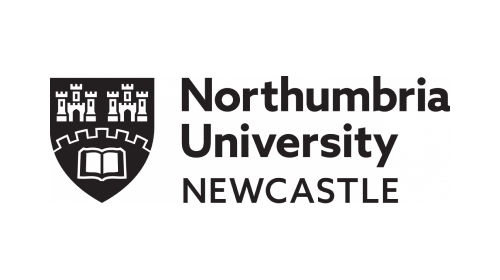How do we live in the omnipresence of voice assistants?
The VA-PEPR research project looks into how voice assistants (VAs) change our practices and routines in everyday life within the context of Switzerland.
This interdisciplinary research project is conducted by Hochschule Luzern (HSLU), OST – Ostschweizer Fachhochschule and Northumbria University under the lead of HSLU School of Art & Design. It is funded by the Swiss National Science Foundation.
[…] But, I am slowly building a relationship with it. He’s slowly becoming a part of my everyday life, he gets up with me, he’s there, he gives me the news, he makes sure I’m entertained with music.Participant 14
Latest from us
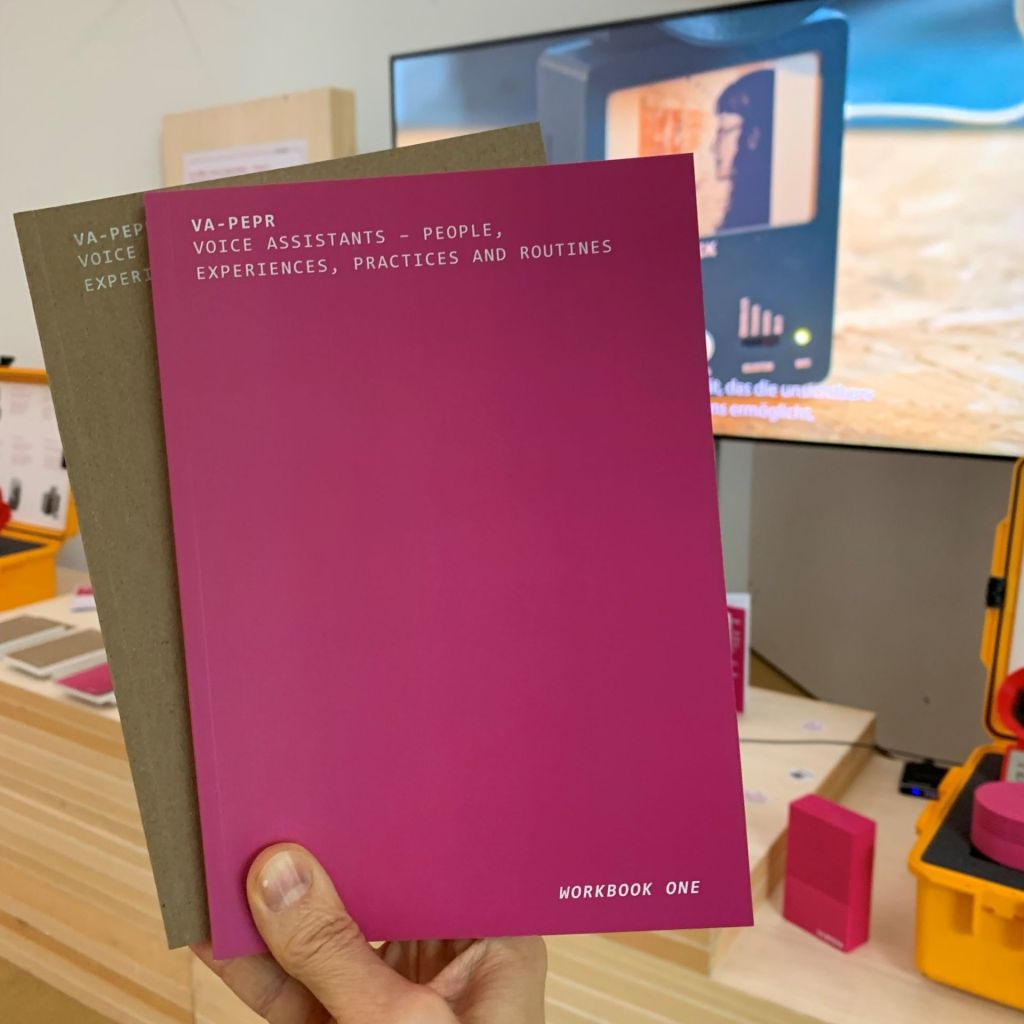
07. Mar 2024
VA-PEPR Workbook #1 and #2 -the detailed overview of the project- is published.
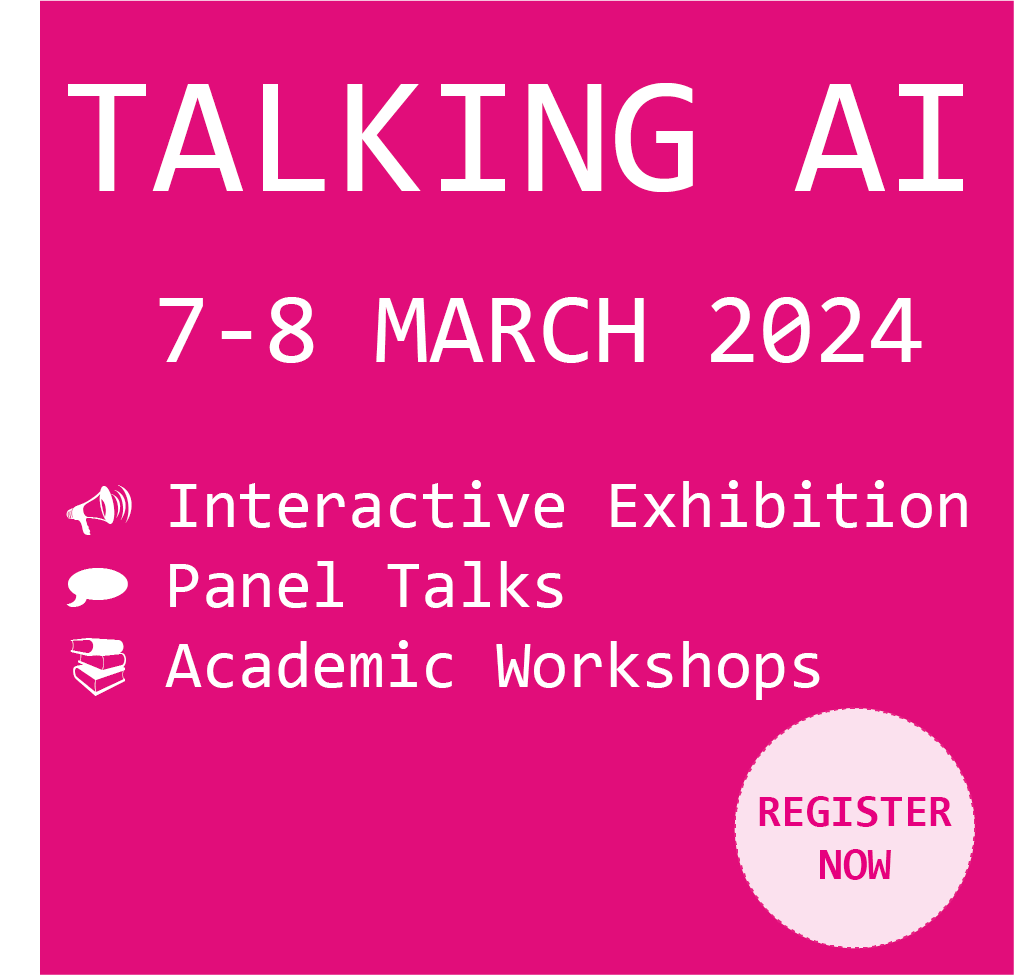
16. Feb 2024
Everyone is talking AI – but do you actually know what it is capable of? How do virtual assistants and…
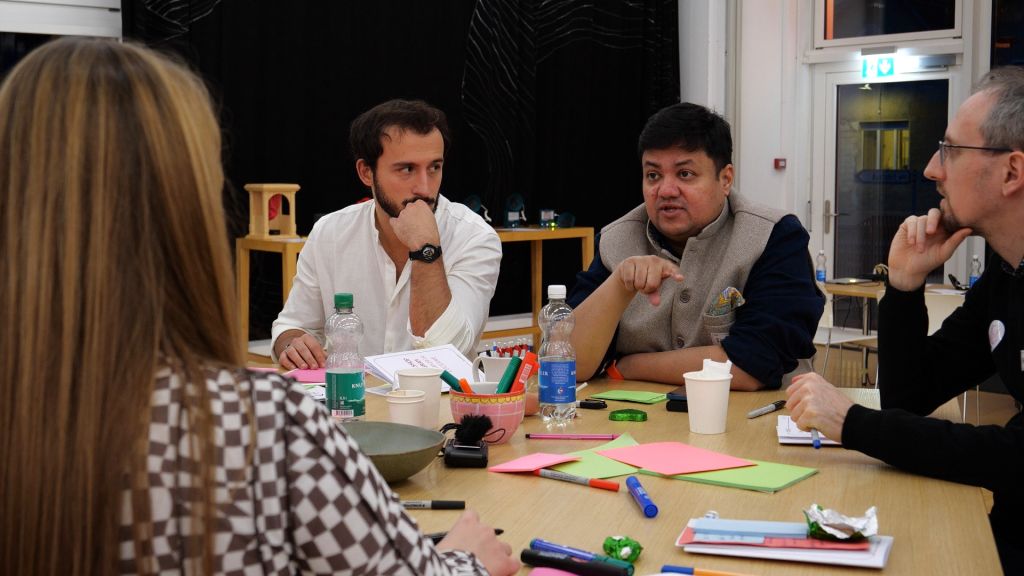
16. Jan 2024
Research by the VA-PEPR team points to an ever-closer interrelation of the design of policies and services for everyday use…
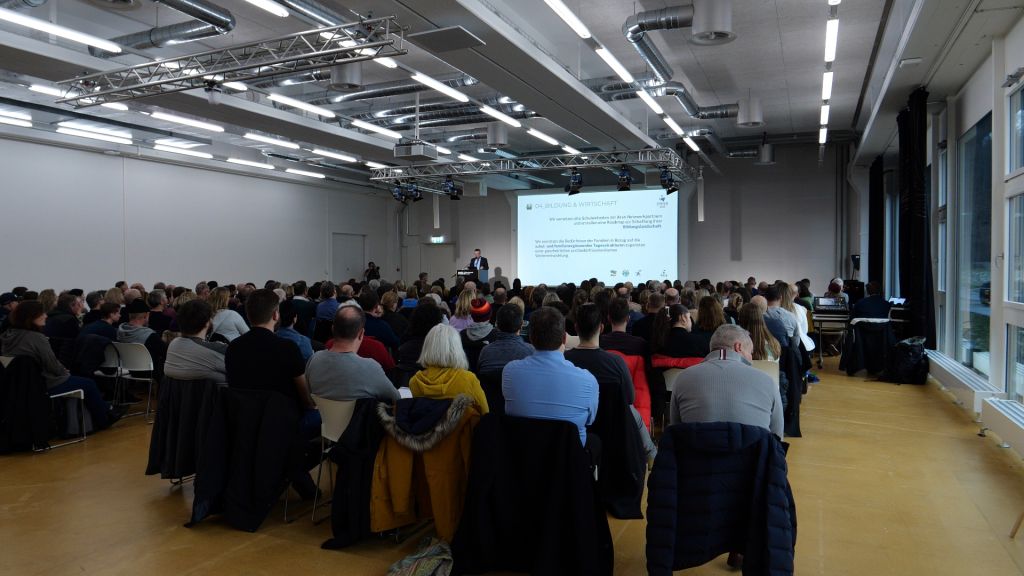
15. Jan 2024
“Vision Emmen 2033” – Together with the people from the municipality of Emmen, we are looking to a possible future
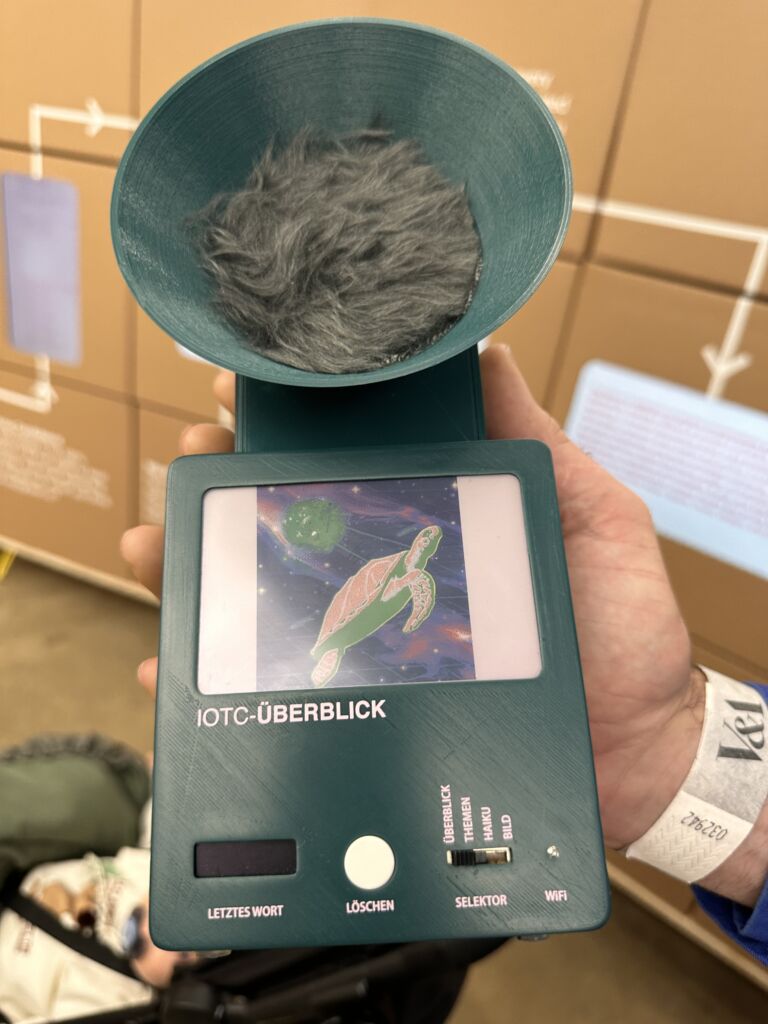
11. Jan 2024
The new “Überblick” prototype developed by the project team led by Michael Shorter and Melanie Rickenmann can do so much…
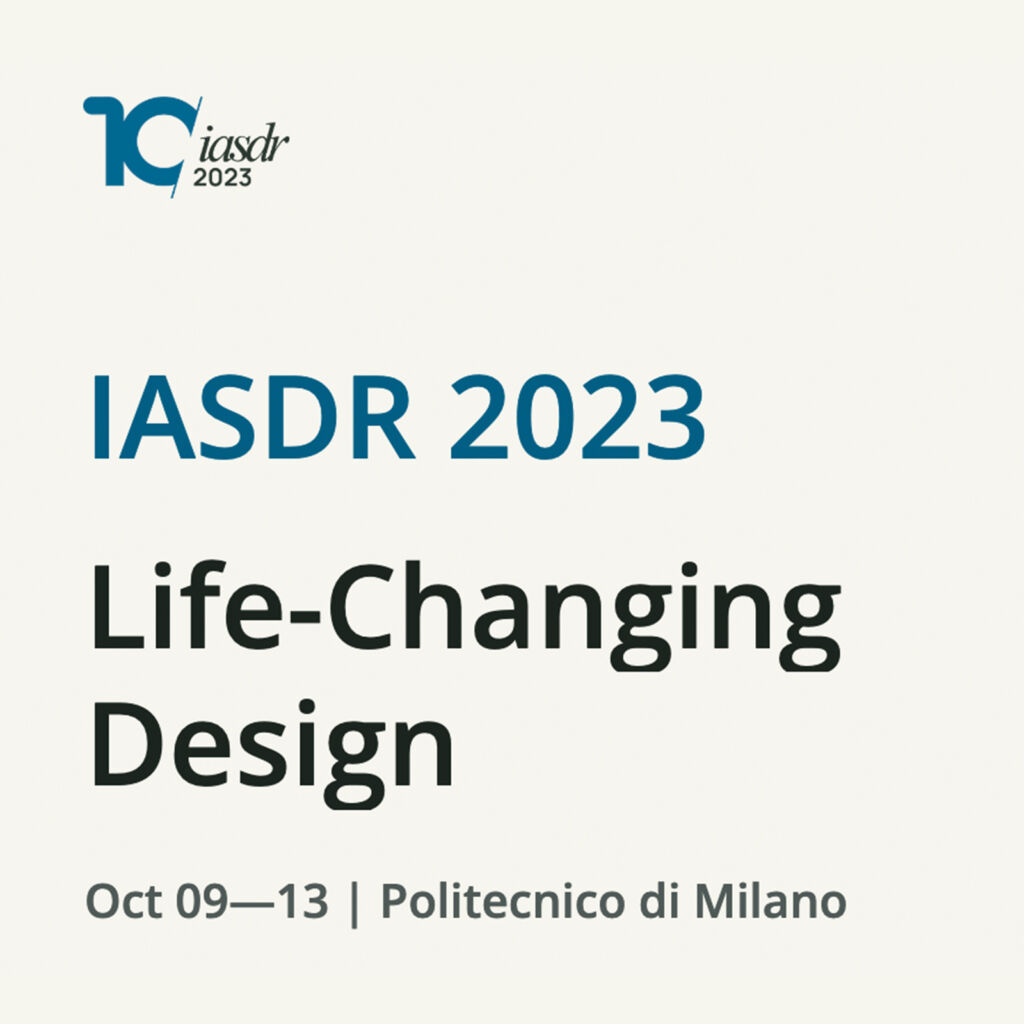
20. Oct 2023
Paper presented at the IASDR 2023 Conference: Life-Changing Design in Milan, Italy

02. Oct 2023
As part of the London Design Festival, VA-PEPR participated in the Digital Design Weekend 23

01. Oct 2023
Paper presented at the 24th International CINet Conference Conference in September 2023 in Linz, Austria

01. Oct 2023
Paper presented at the 24th International CINet Conference Conference in September 2023 in Linz, Austria
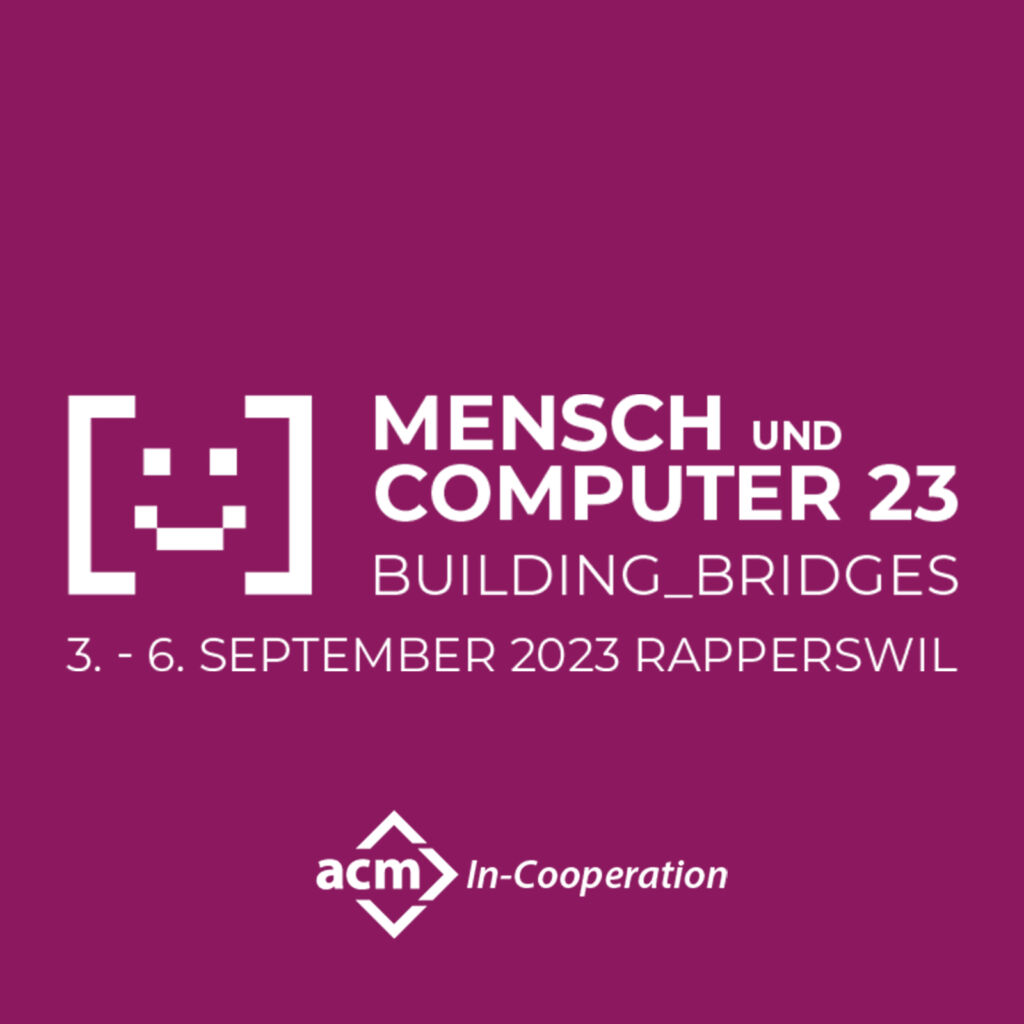
05. Sep 2023
Exploring the potential and challenges of voice interfaces
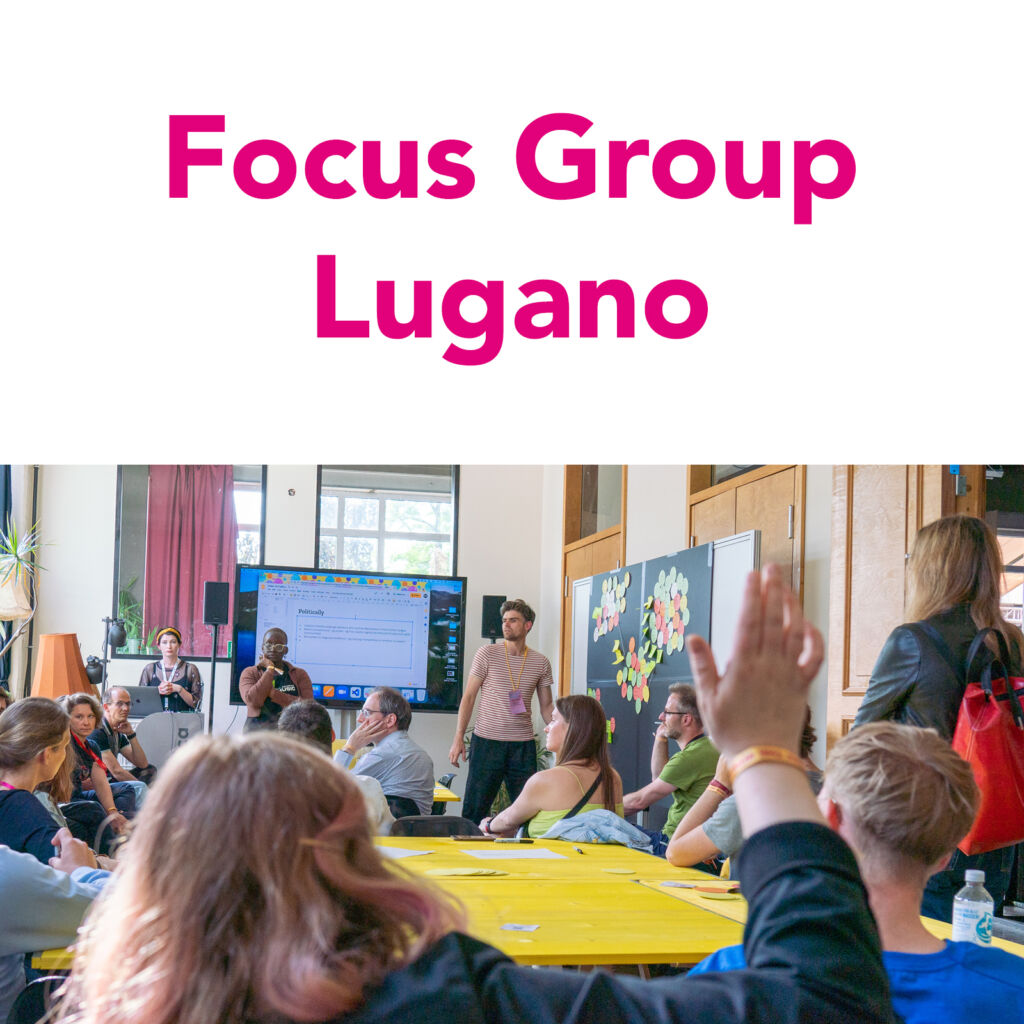
30. Aug 2023
Workshop sull’utilizzo di assistenti vocali in casa propria. Ti invitiamo a partecipare!

15. Jul 2023
Giving Form to the Invisible: Can we make in-home network data traffic tangible to users?
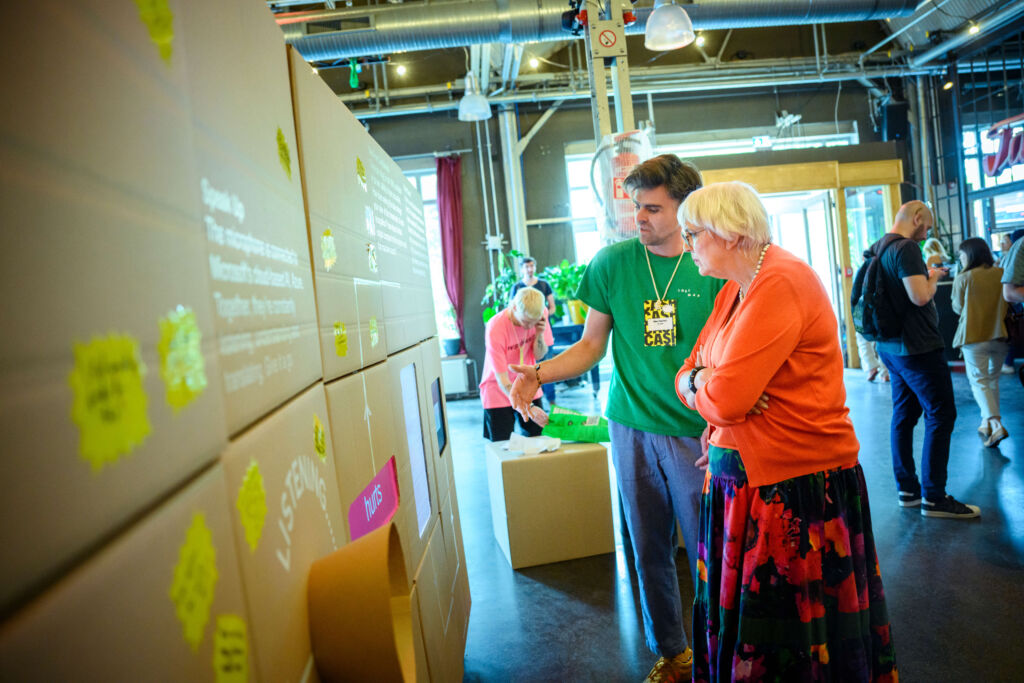
24. Jun 2023
Money Talks is an installation that surfaces our power and financial relationships with voice driven AI services.
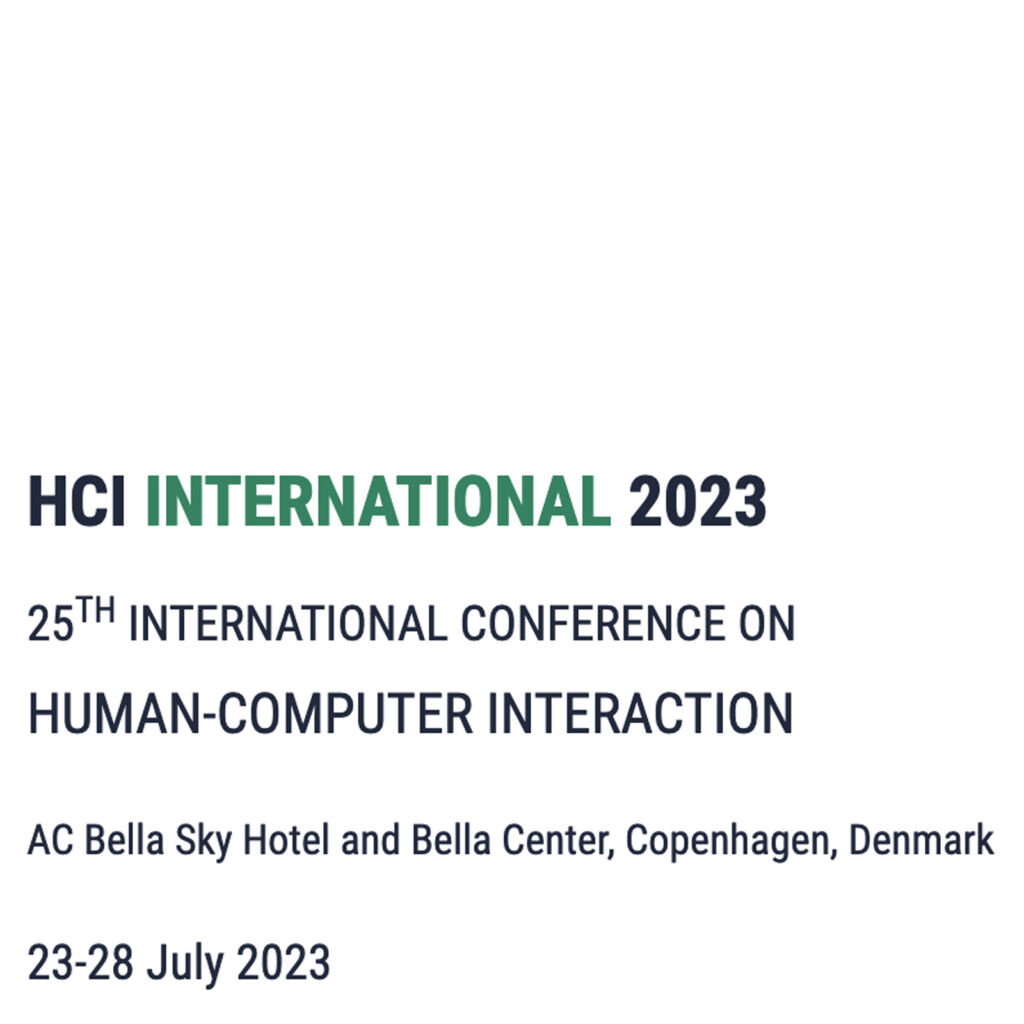
01. Jun 2023
Paper accepted for the 25th International Conference on Human-Computer Interaction
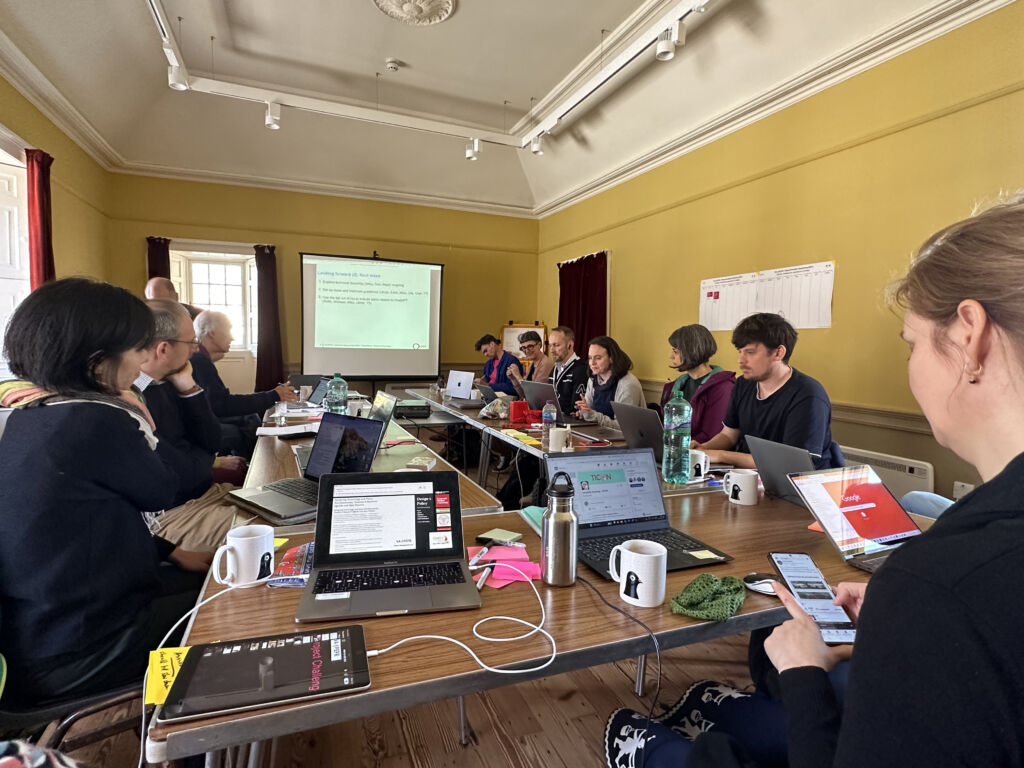
16. May 2023
Northumbria University hosted the 5th project retreat in Anstruther, Scotland

30. Apr 2023
Short paper accepted for the ACM CHI Conference on Human Factors in Computing Systems Workshop
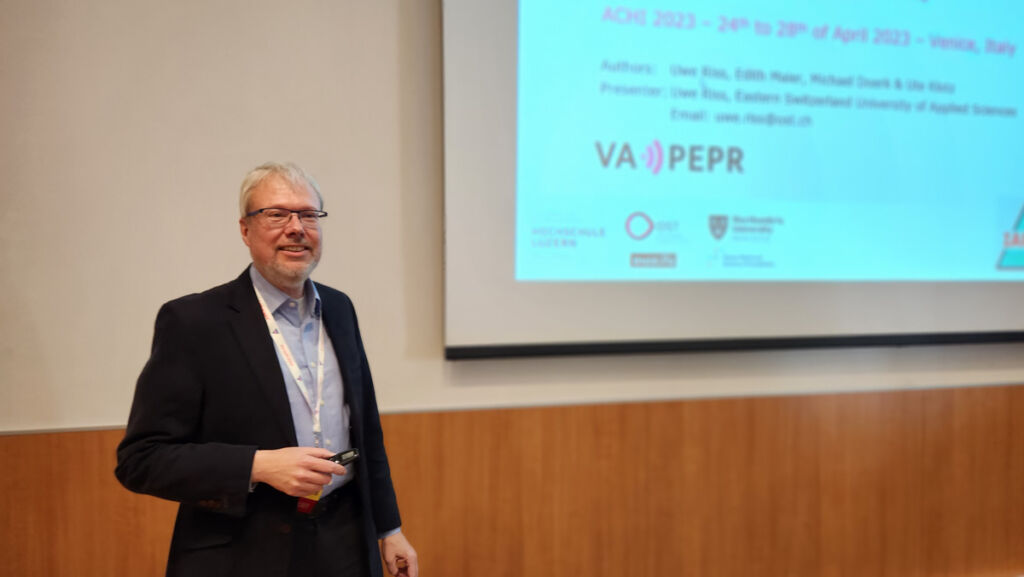
28. Apr 2023
Study presented at the 16th International Conference on Advances in Computer-Human Interactions, in Venice, Italy
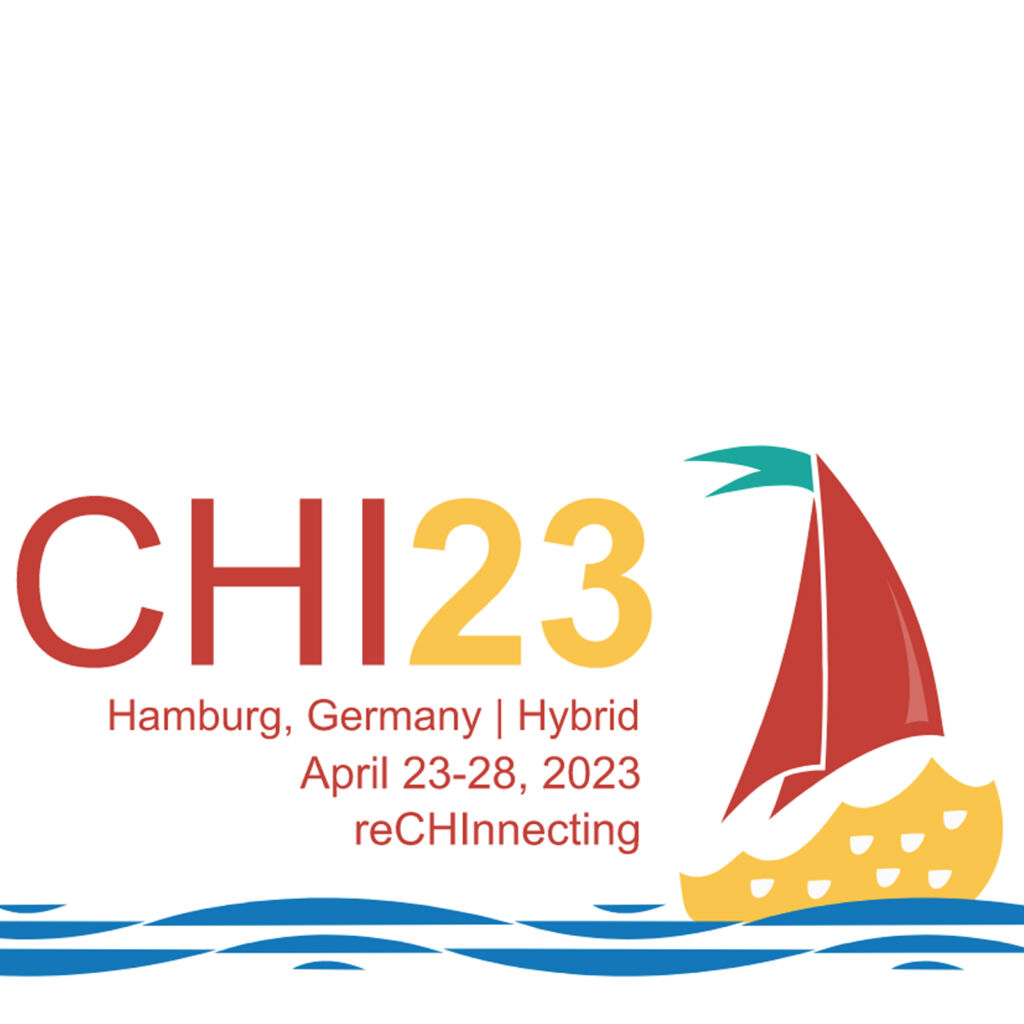
26. Apr 2023
Designing Technology and Policy Simultaneously: Towards A Research Agenda and New Practice
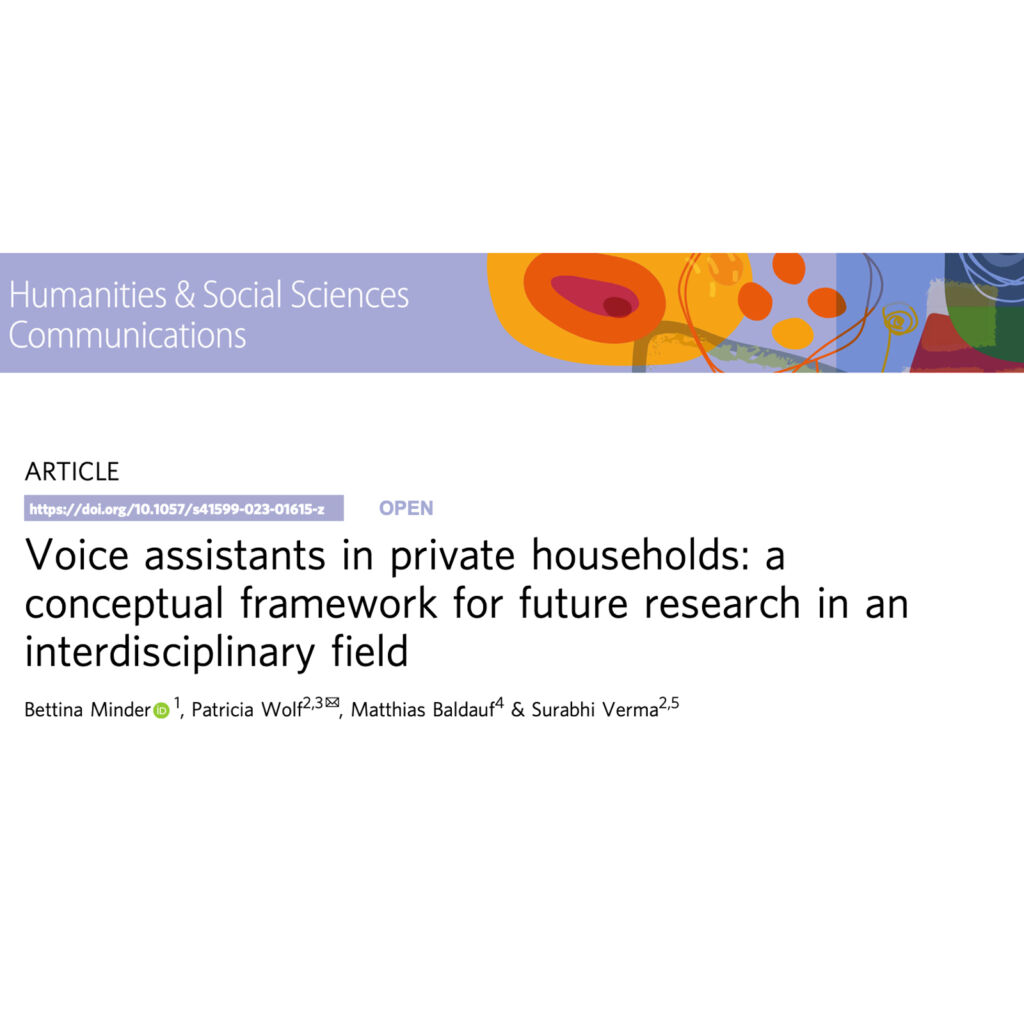
20. Apr 2023
Journal article published in Humanities and Social Sciences Communications

03. Apr 2023
VA-PEPR featured in the HR-Profi magazine: Virtuelle Assistenten: Freund oder Feind im Homeoffice?
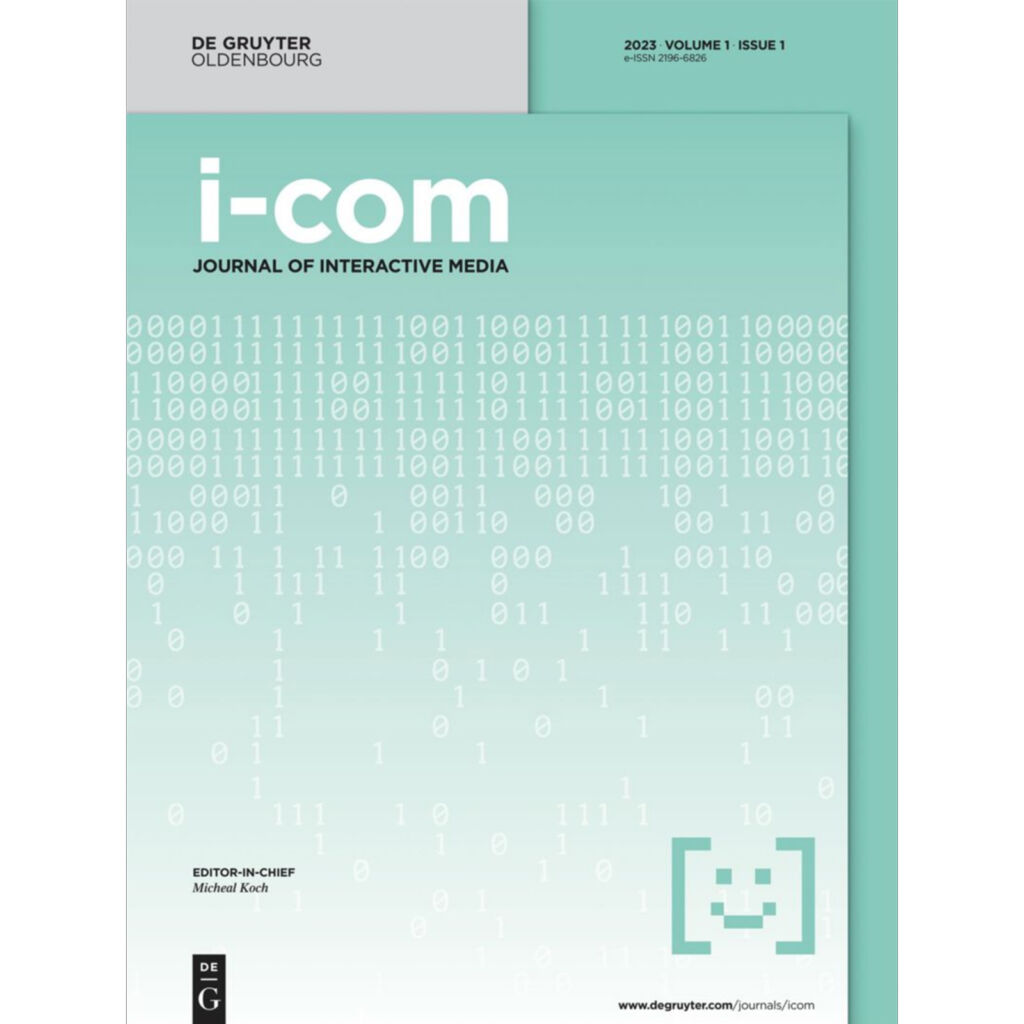
01. Apr 2023
Journal article published in i-com

16. Mar 2023
Journal article published in i-com
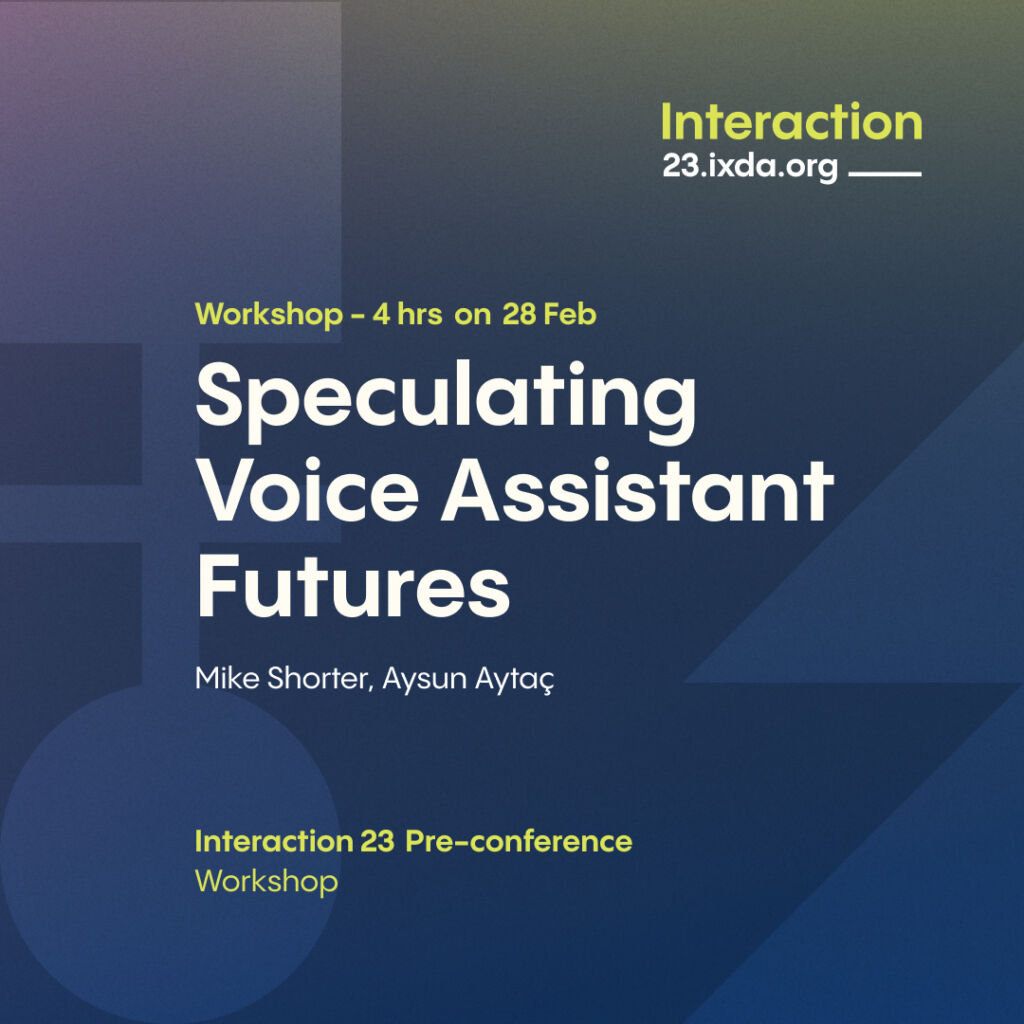
06. Mar 2023
What would a possible de-centralised future of voice assistants look like?
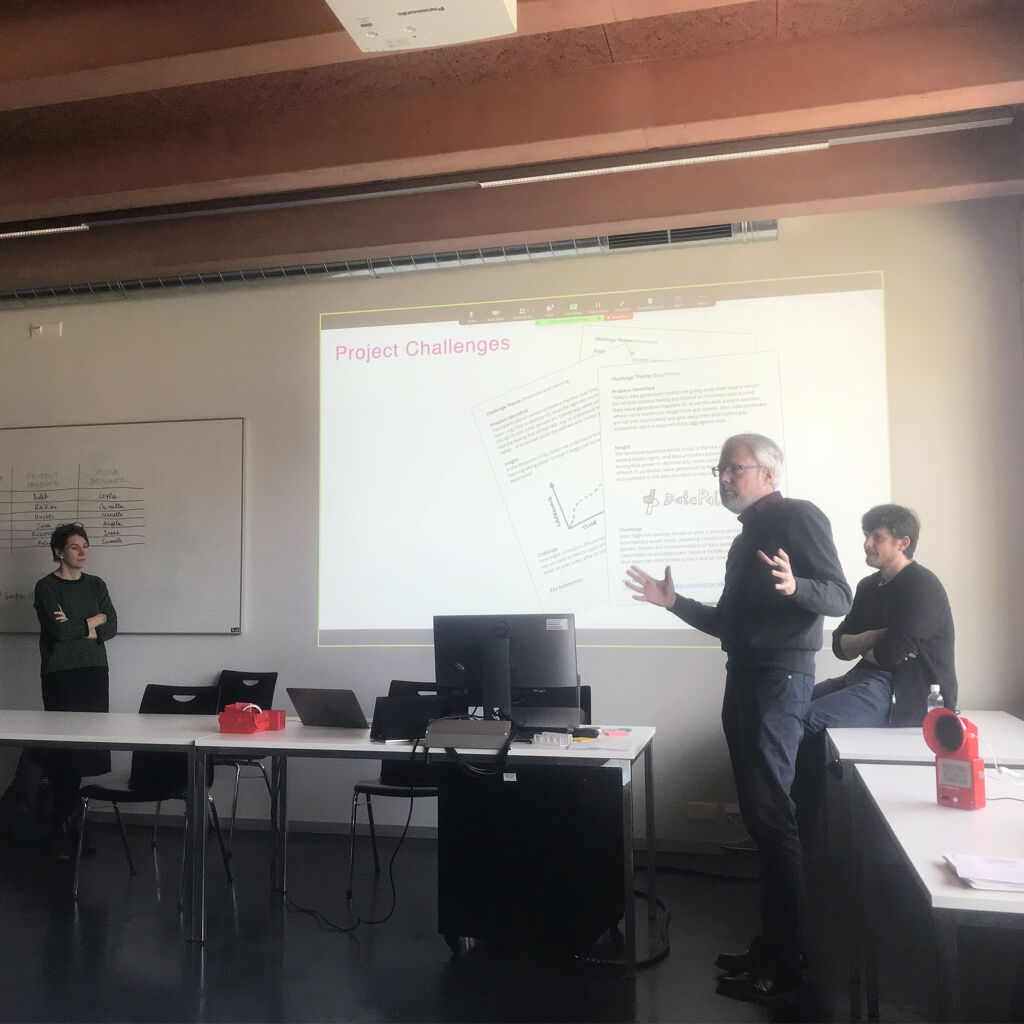
02. Mar 2023
The first Science Café took place at SUPSI (University of Applied Sciences and Arts of Southern Switzerland) in Mendrisio
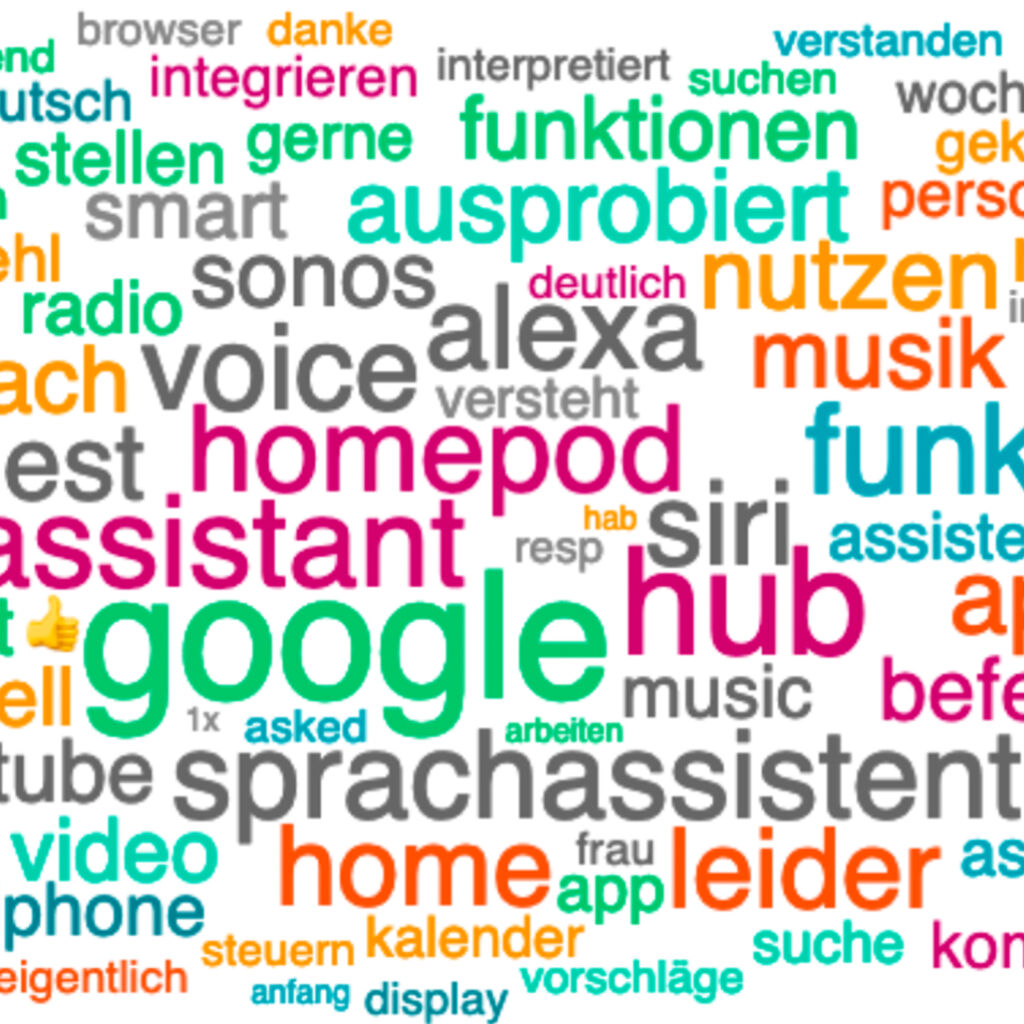
15. Dec 2022
A brief summary of the results of ethnographic phase can be found here
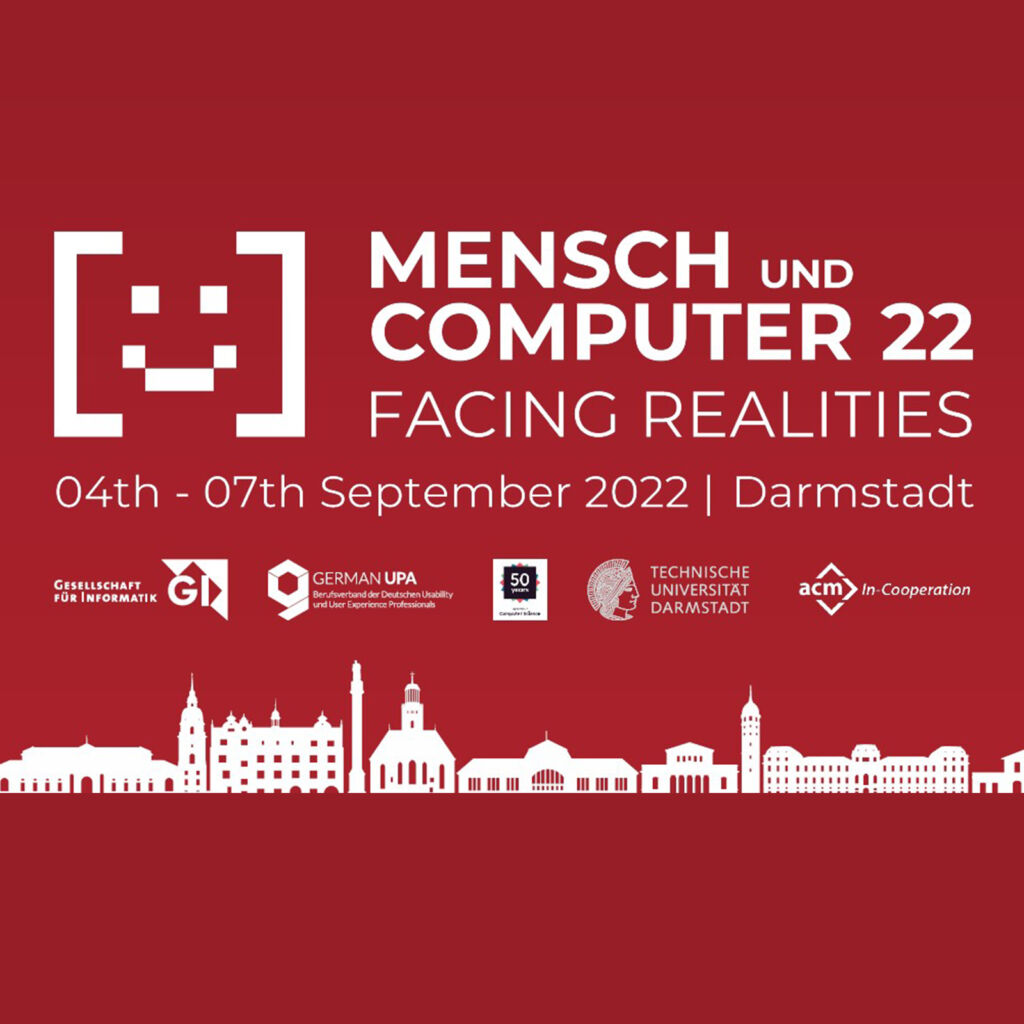
17. Sep 2022
Study presented at Mensch und Computer 2022 Conference, in Darmstadt, Germany
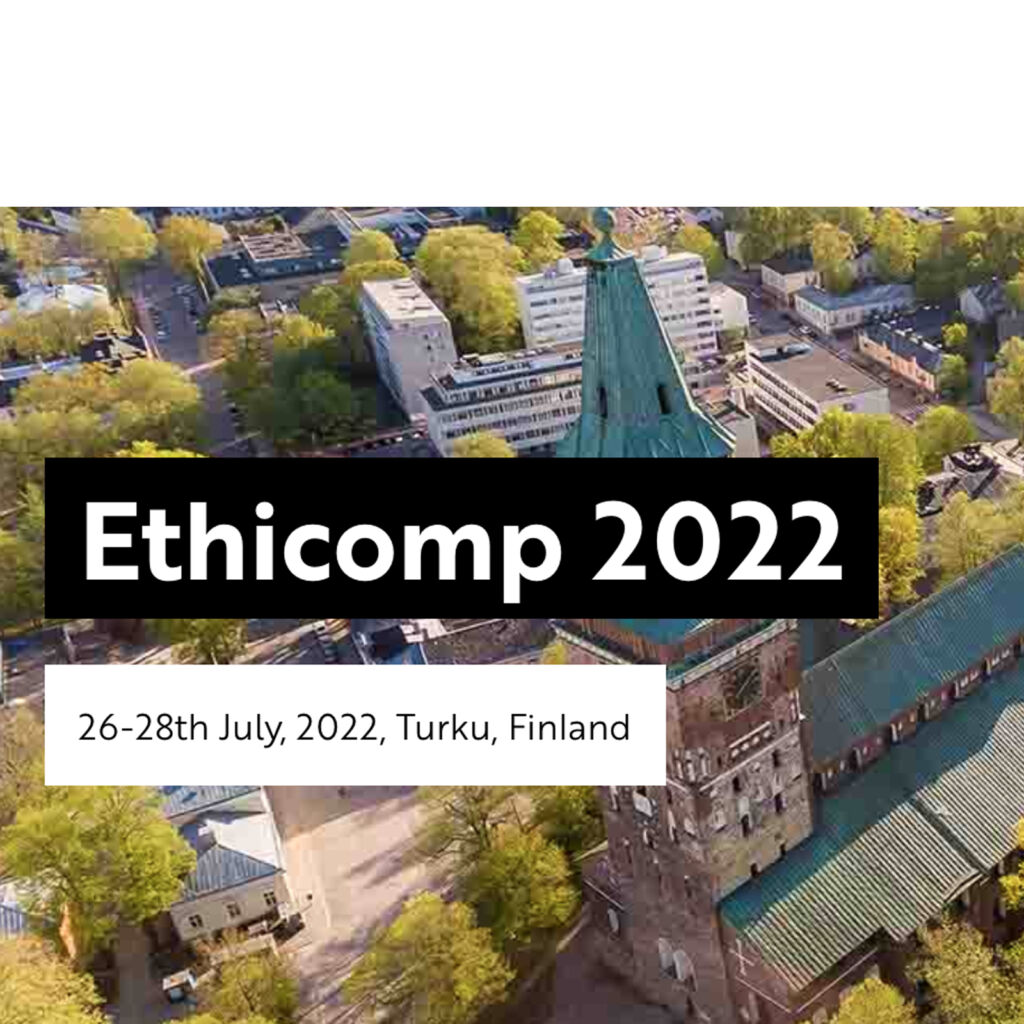
27. Jul 2022
Two research articles presented at the Ethicomp 2022 Conference in Finland
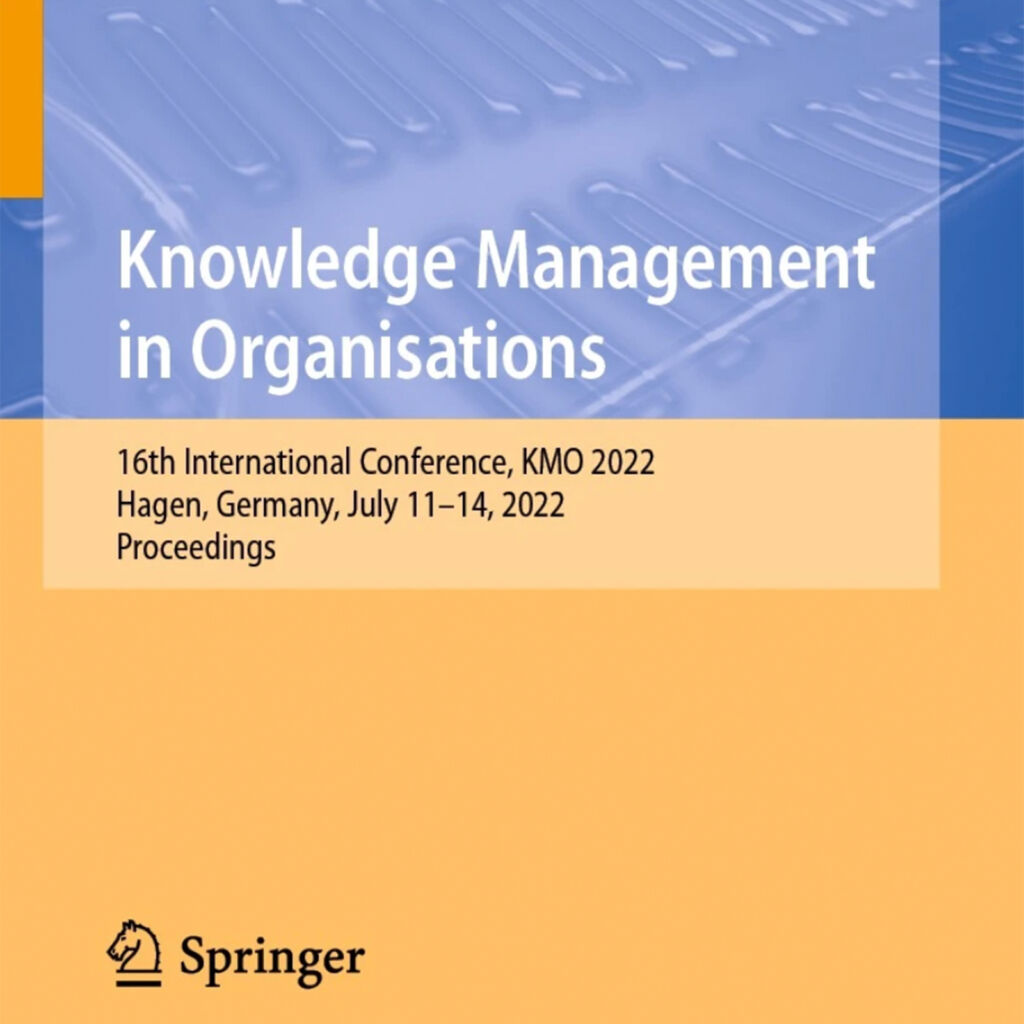
18. Jul 2022
Paper presented at the 16th International Conference of Knowledge Management in Organisations 2022 in Hagen, Germany
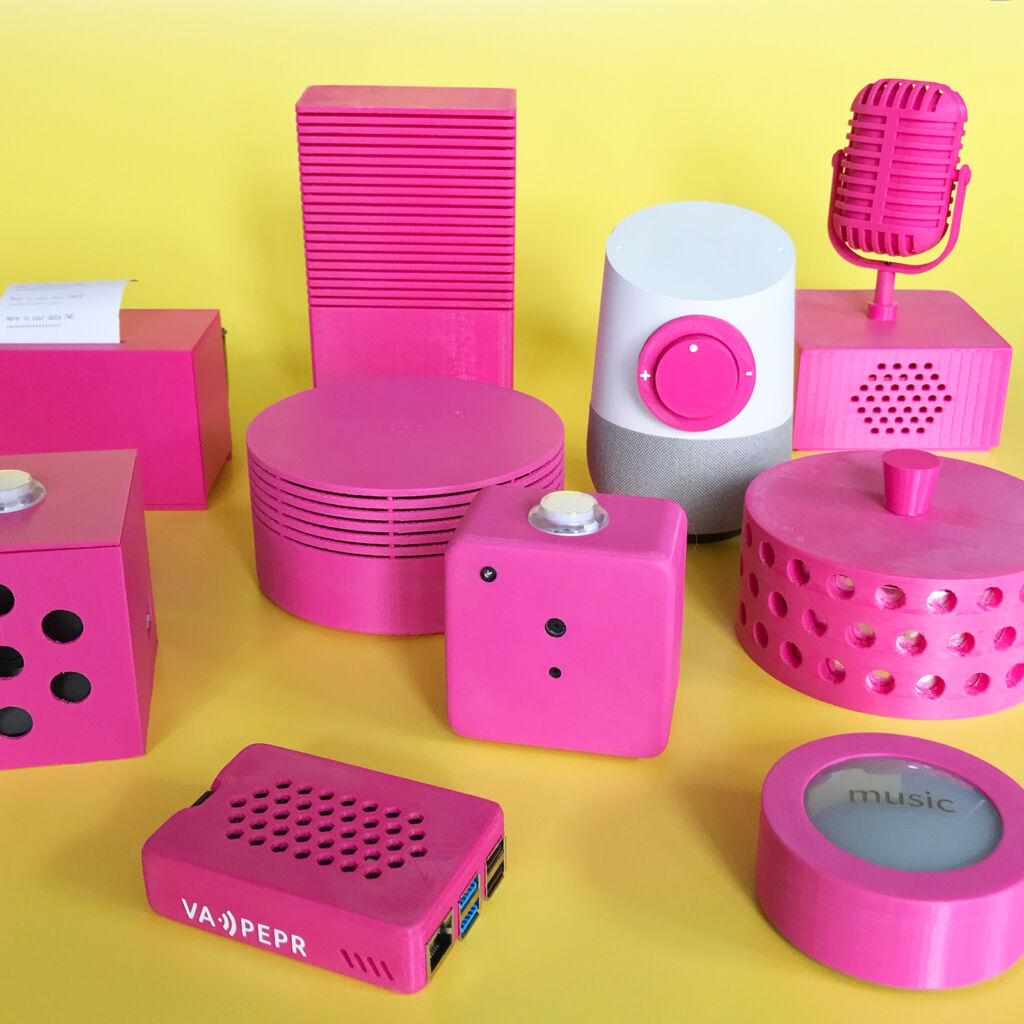
17. Jun 2022
Results of the speculative design workshops presented by Dr. Mike Shorter and the team
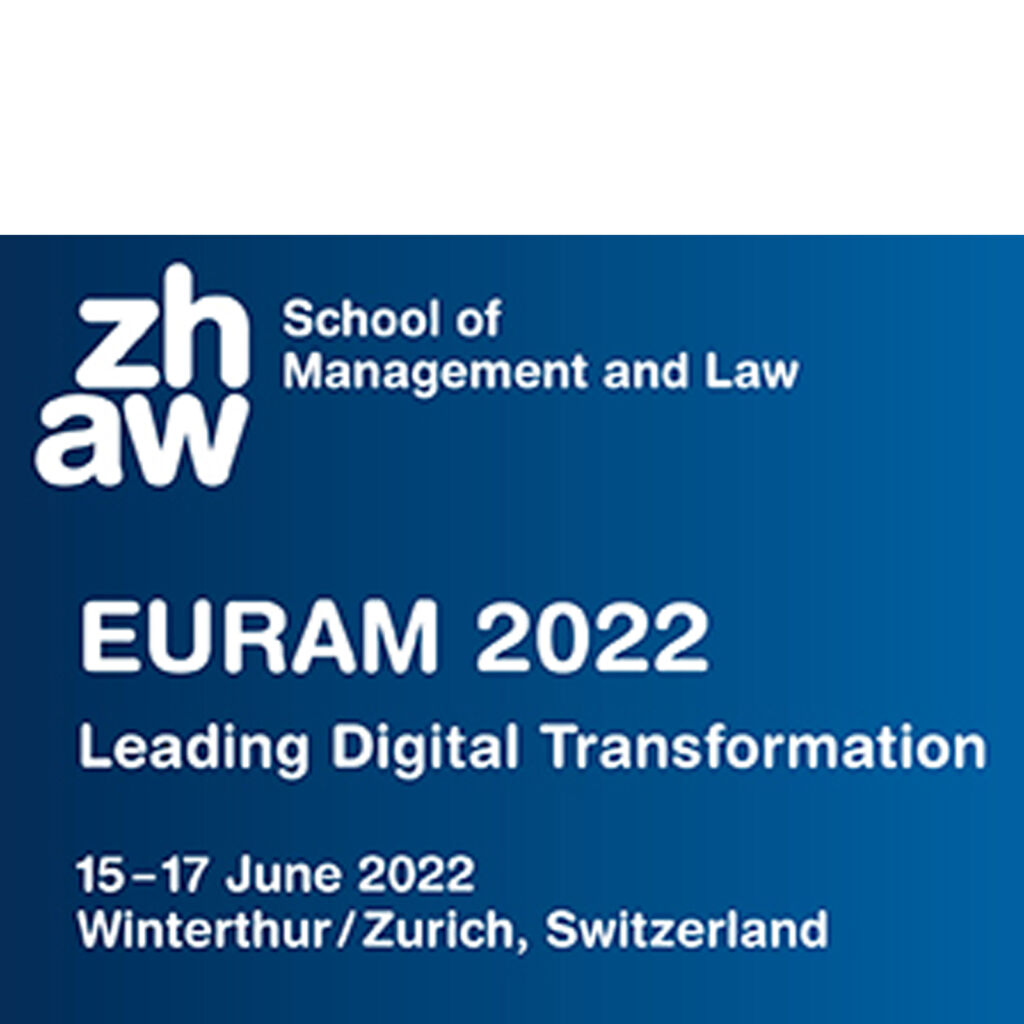
16. Jun 2022
Dr. Jens O. Meissner and the team participated at the EURAM 2022 Conference in Winterthur, Switzerland
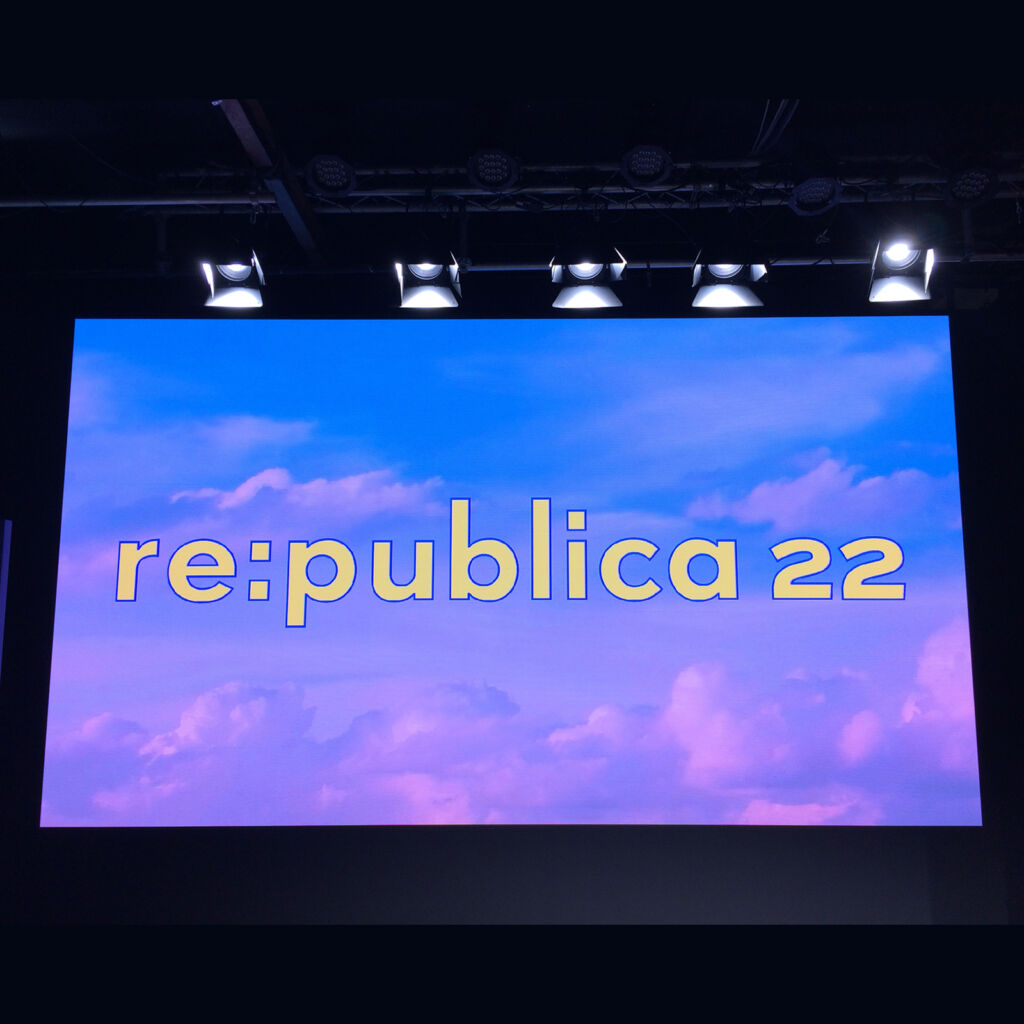
09. Jun 2022
VA-PEPR contributed to the re:publica 22 with a Speculative Design Workshop
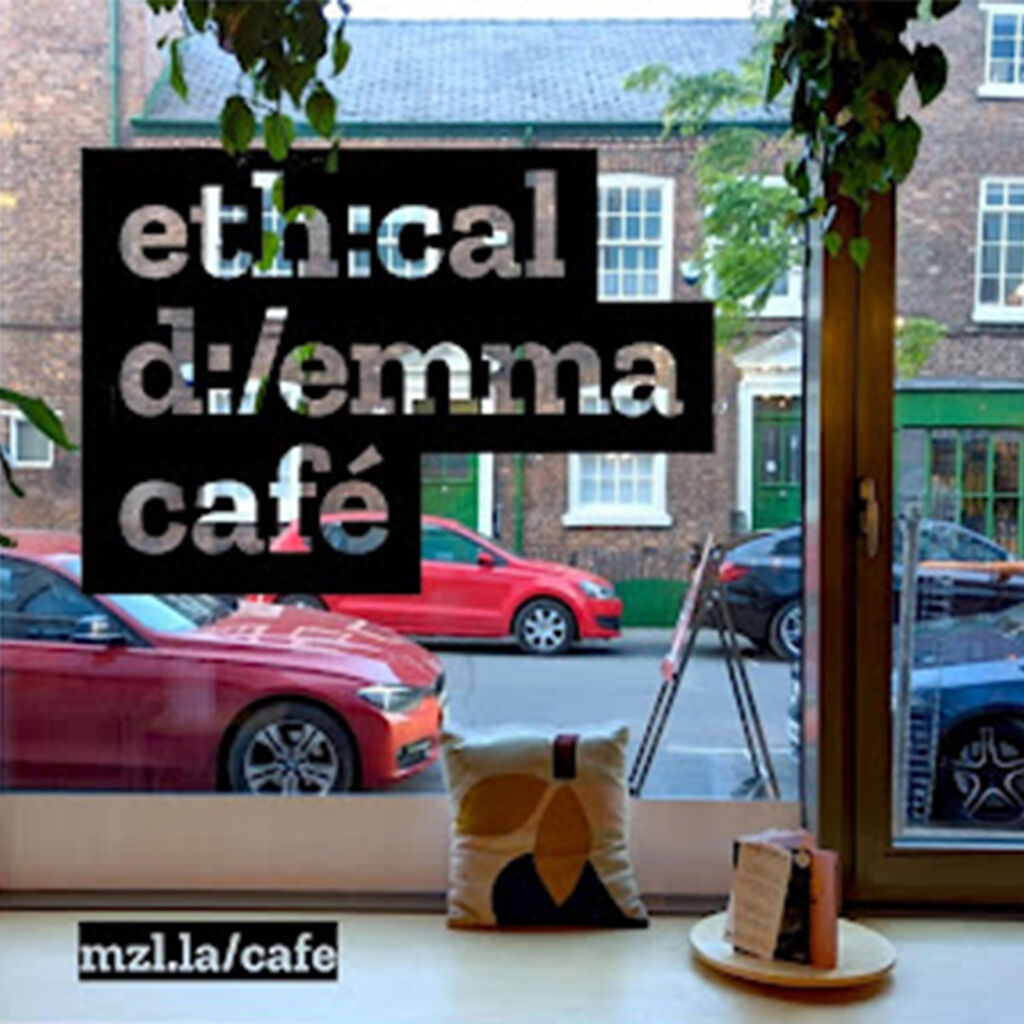
27. Apr 2022
VA-PEPR participates in the Ethical Dilemma Café
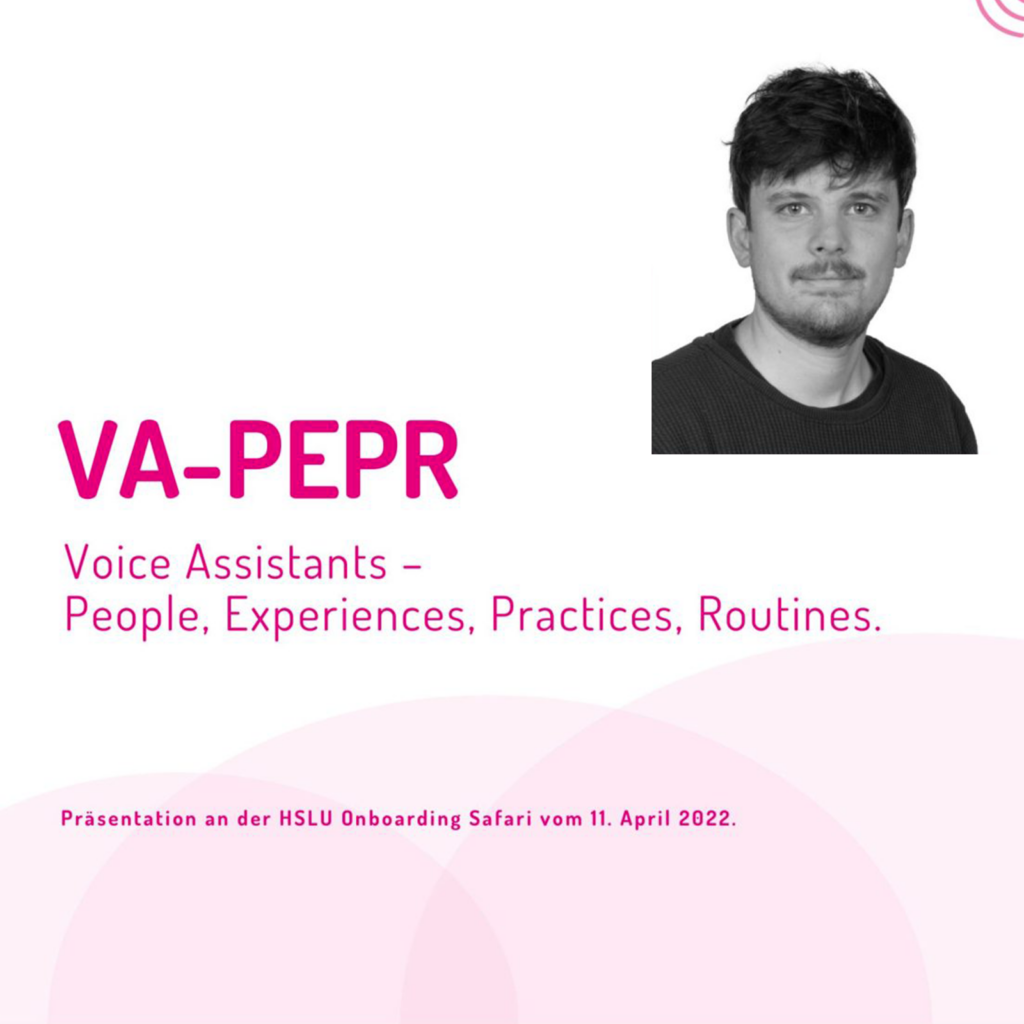
12. Apr 2022
Aurelio Todisco presented the VA-PEPR at the HSLU Learning Safari ‘Onboarding’, a 1-day programme for the new employees.
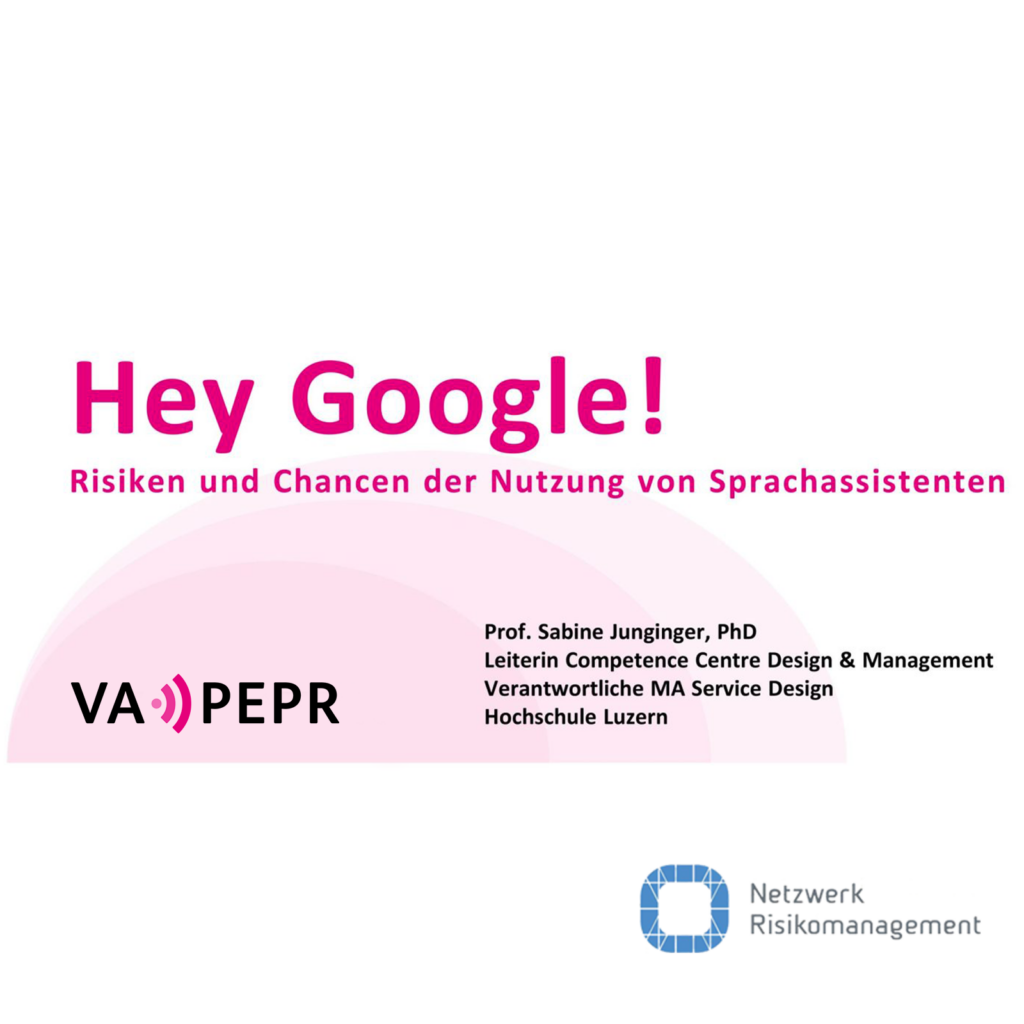
18. Mar 2022
Dr. Sabine Junginger gave a talk at the 51. Fachveranstaltung organised by Netzwerk Risikomanagement in Olten on March 17, 2022.
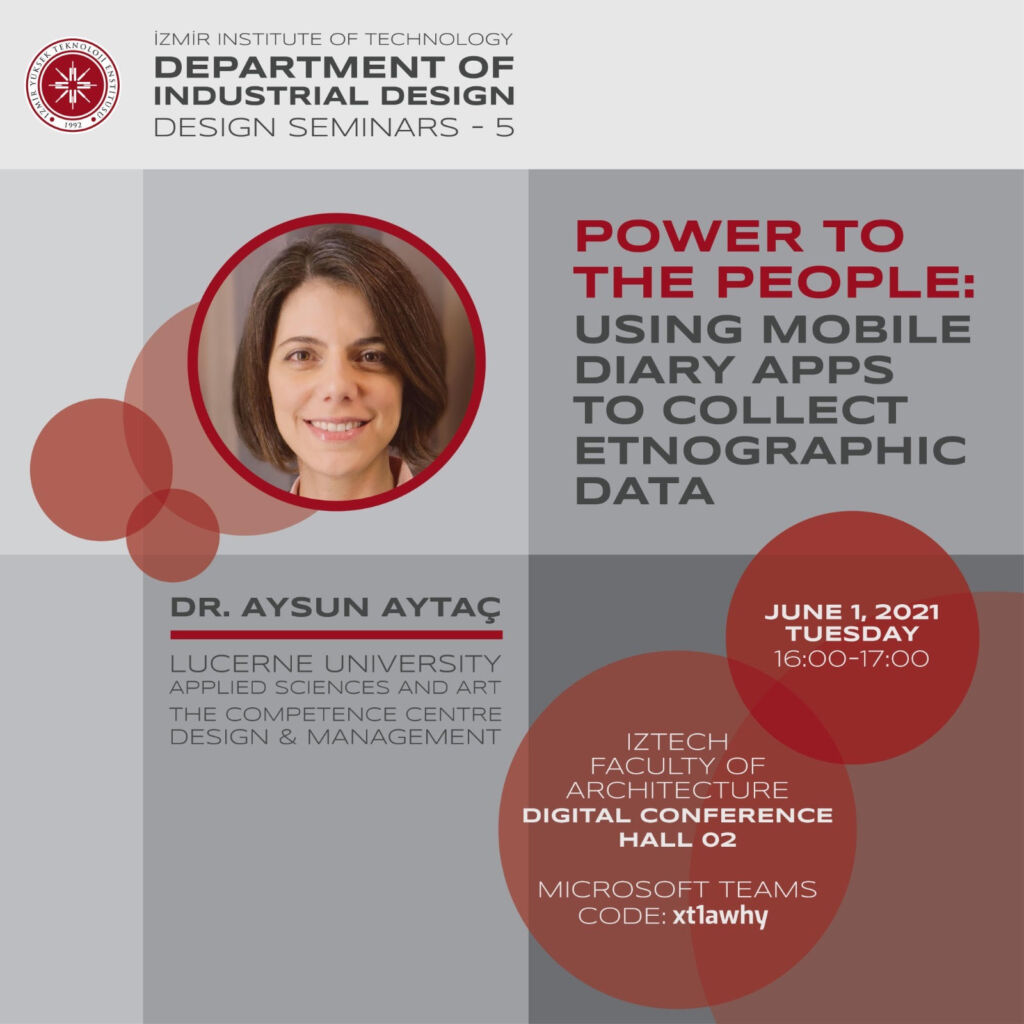
01. Jun 2021
Dr. Aysun Aytac presented the data gathering method used in the in-home studies.
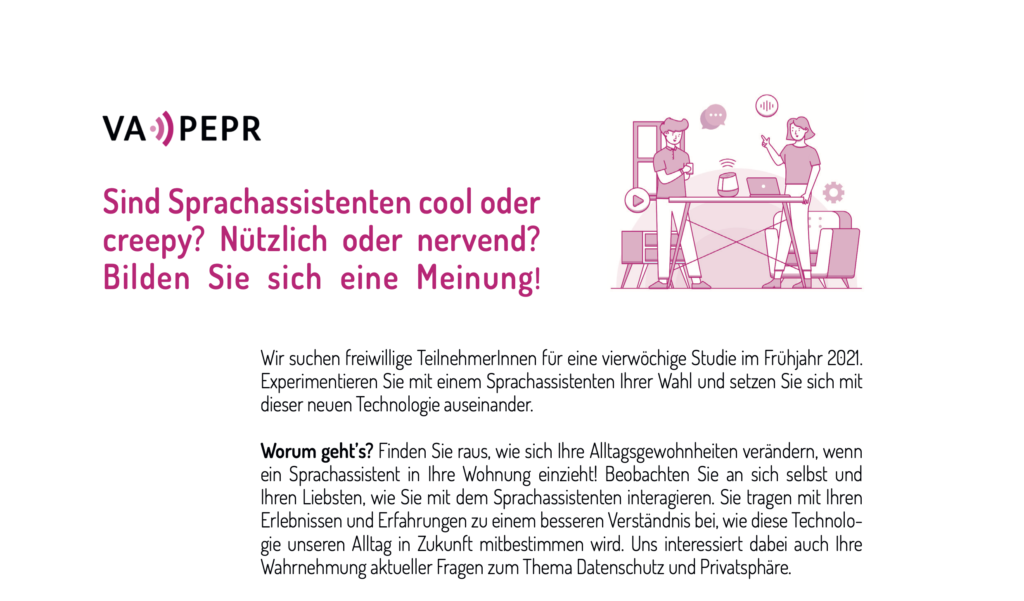
27. Jan 2021
Take part in our study!
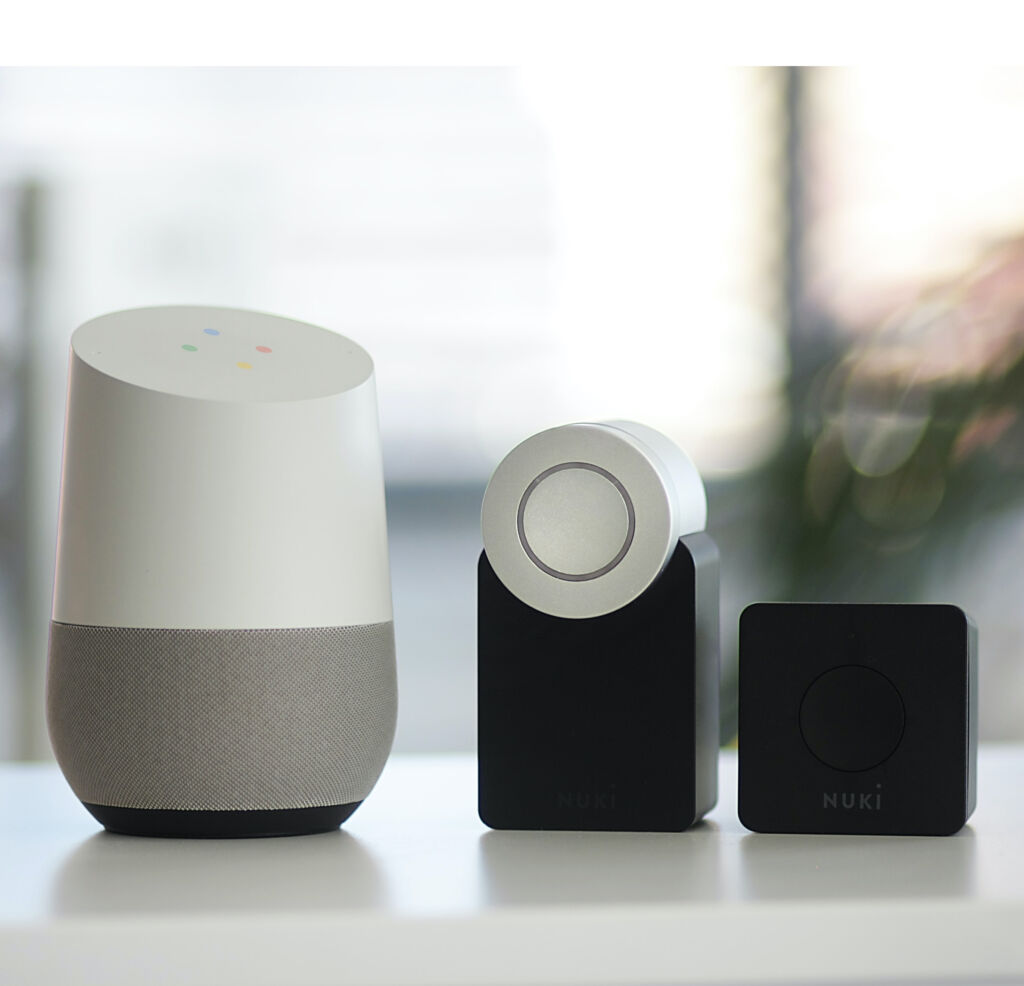
17. Jan 2021
Article on Innerschweiz Online

28. Oct 2020
Article in the “Tagesanzeiger” about our research project
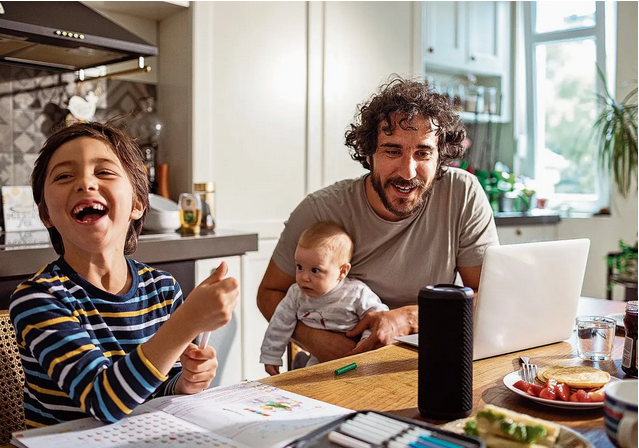
26. Oct 2020
Article in the St. Galler Tagblatt about the VA-PEPR research project

11. Oct 2020
Article in the “Luzerner Zeitung”


29. Sep 2020
Fon times reports about our research project
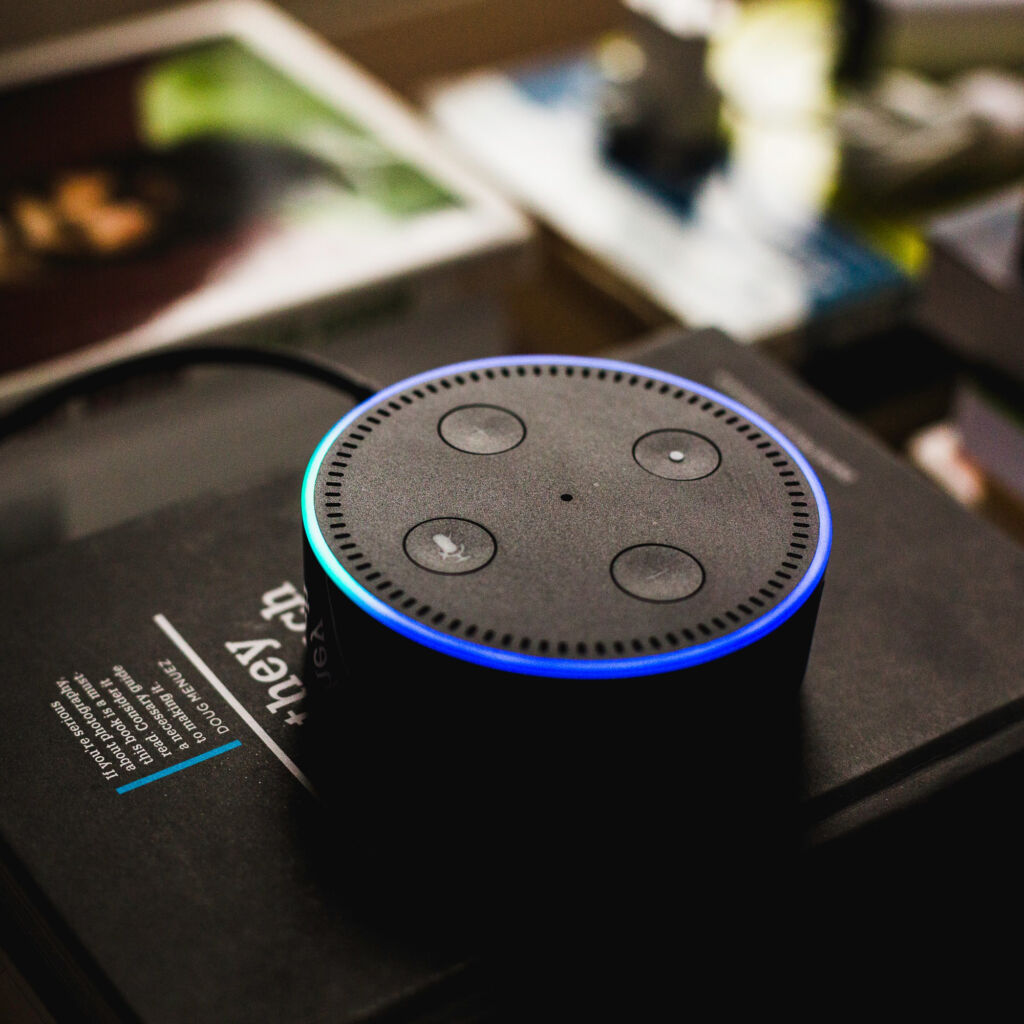
28. Sep 2020
Ein Beitrag von zentralplus

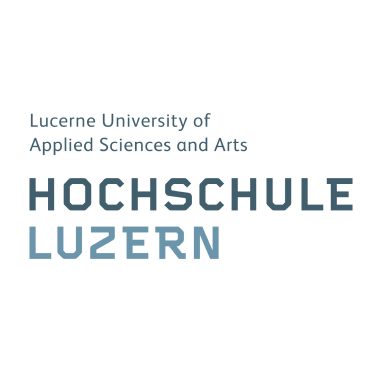
25. Sep 2020
Medienmitteilung der Hochschule Luzern zu unserem Forschungsprojekt
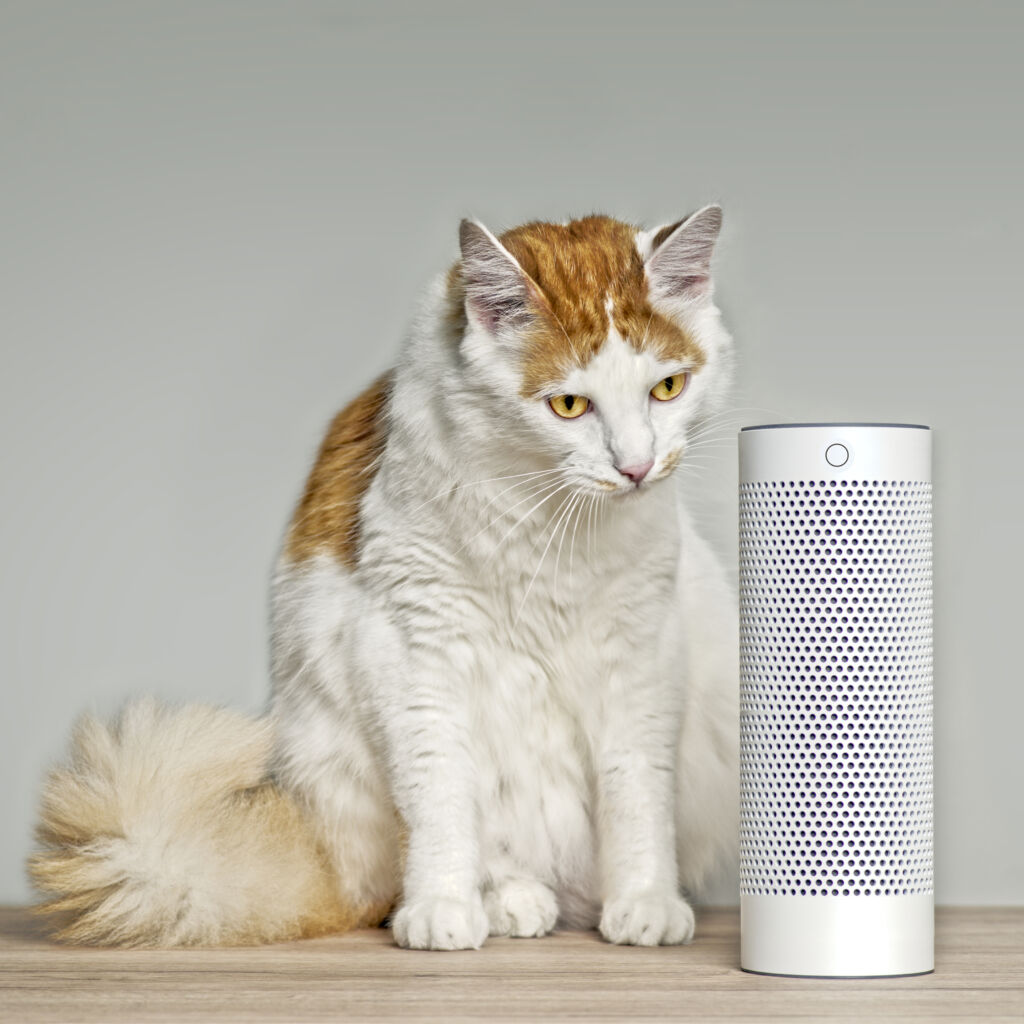
10. Sep 2020
The HSLU University Magazine interview with project leader Prof. Dr. Sabine Junginger
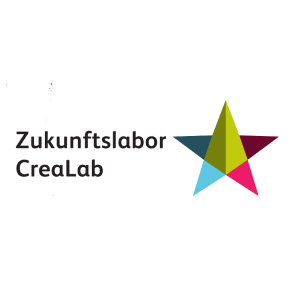
17. Jan 2020
Article by the future lab CreaLab of the Lucerne University of Applied Sciences and Arts about our research project.


